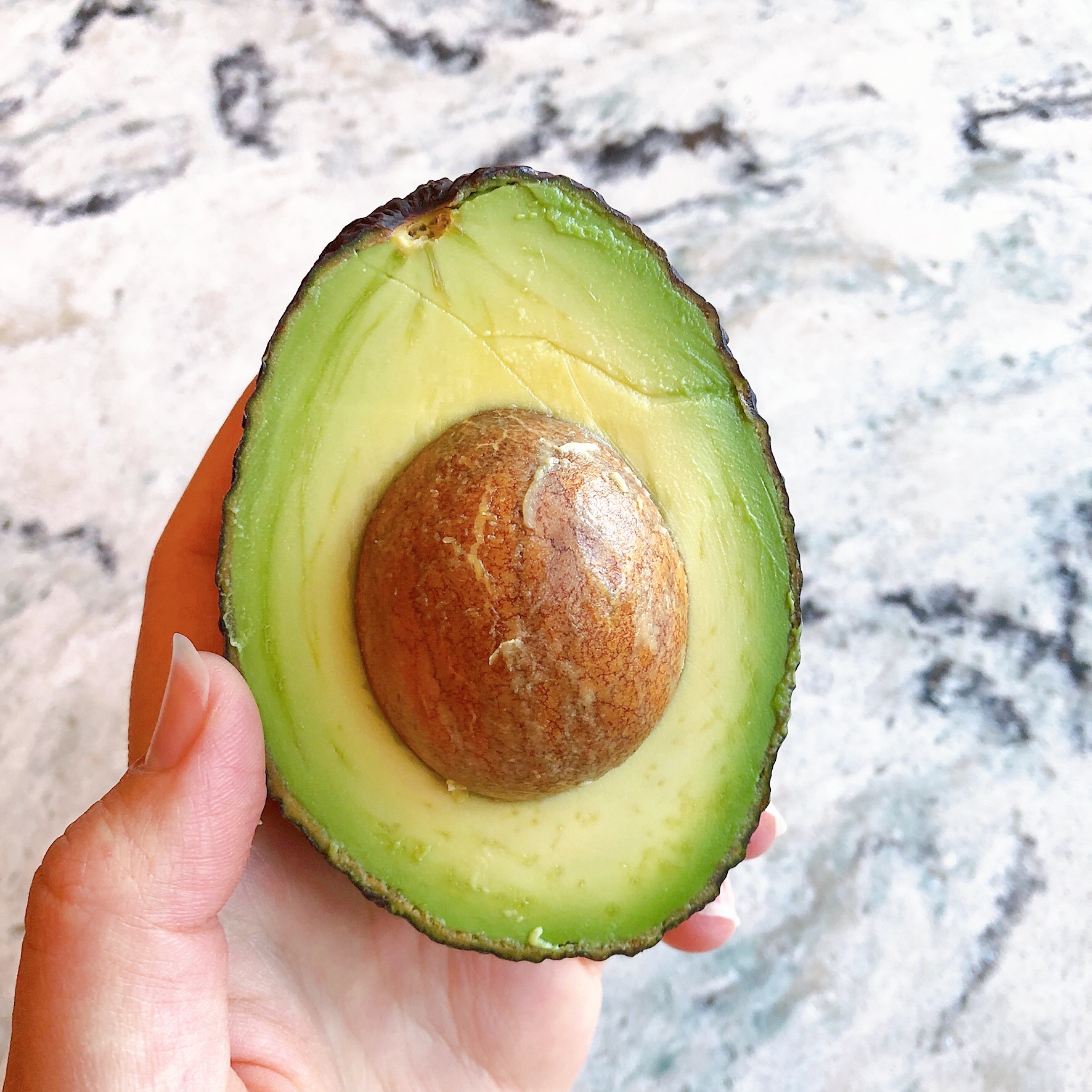When it comes to dietary fats, there is much more to them than what meets the eye. Here at Integrative Health & Wellness we are all about healthy fats and we have reason to be!
Fats are extremely beneficial to our health; we need fats in order to help our bodies function at their optimal level. Just a few of the roles of fats in our body include maintaining the integrity of our cellular membranes, helping nerves to function properly so signals can be sent from the brain to the other organs, as well as regulating our hormones. Despite their importance, it is estimated that about 80% of the population does not consume enough of the health-promoting fats. This is something we should all be concerned about!
What about the once popular low-fat diets? Unfortunately, they have caused many people to be against the consumption of fats. While they emphasized minimizing the consumption of the “bad” fats, they did not do much to promote the consumption of the “good” fats; they failed to differentiate between the healthy and unhealthy ones – a very important component when discussing dietary fats! Let’s break it down.
To put it simply, all fats are not created equally. Classifying a fat as an unhealthy vs. a healthy one is done by considering how it acts within the body. One role of fats, as mentioned before, is to maintain the integrity of our cellular membranes. The type of fat present in our cellular membranes is determined by the fats we eat. If a person mainly consumes long-chain saturated fats, oxidized fats, or trans fats (i.e. the not-so-good-for-you ones), then their cellular membranes will not be functioning optimally. Without a properly functioning cell membrane, the cells lose their ability to hold water, vital nutrients and electrolytes. In addition to this, the cells lose their ability to communicate with each other. As we all know…communication is KEY! Each of these effects has a domino effect on health and makes an individual much more susceptible to illness and disease. So, while I’m sure none of us can really feel if our cellular membranes are in good condition, we may notice the ripple effect of this while not even knowing it could be traced back to our cells!
When referring to unhealthy fats, think of foods such as shortening, fried foods, conventionally baked sweets, high-fat meat, etc. These are the fats that we should stray away from or limit due to the negative effects that were discussed above. It is important to note that these foods are not inherently bad, they simply do not benefit our bodies in the same way as other foods.
Enough about what we shouldn’t eat, let’s focus on what we should eat: the healthy fats! There are a variety of types of these fats. Some of the common types you may recognize are omega-3 fatty acids, monounsaturated fats, and medium-chain saturated fats – commonly classified as MCTs. Each of these promotes health within our bodies rather than work against it. When it is primarily the healthy fats that are consumed, cellular membranes are given the tools to function at their optimal level. Water, nutrients and electrolytes will be utilized by the cells and they can communicate with one another!
Below are a few sources of these dietary fats along with their specific benefits.
Olive Oil This antioxidant-rich oil is a major component of the Mediterranean style diet, one of the most widely studied ways of eating for promoting health and longevity. Individuals who consume olive oil regularly, and specifically in the place of other fats, experience lower rates of heart disease, atherosclerosis, diabetes, cancer, asthma and other diseases. This is a great oil to use when not adding heat to the food. This is because its chemical structure is easily broken down by heat. Instead of using it when cooking foods, try drizzling it over veggies, making salad dressing, or mixing it into hummus. Tip: when buying olive oil, make sure you see the terms “extra-virgin” and “cold pressed” on the label. These terms indicate how the oil was processed, ensuring its quality is preserved.
Macadamia Nut Oil When compared to olive oil, macadamia nut oil contains 4.5 times more vitamin E – a powerful antioxidant. Along with this, it possesses many health benefits. Included in these are lowering total cholesterol and LDL cholesterol (the kind we want less of). A specific component of this oil also helps to increase insulin sensitivity, serving as a source of prevention for diabetes! Macadamia nut oil remains stable at high temperatures – meaning heat does not destroy its chemical structure (we don’t want this to happen!). Due to this, it is a great oil to use for sautéing and cooking.
Avocados (and oil) Fun fact: bananas are frequently praised for their potassium content, but did you know a single avocado contains as much potassium as 2-3 bananas? Impressive, right?! Avocados and their oil help to increase the bioavailability of nutrients from other foods. In other words, fat-soluble nutrients from other fruits and vegetables are made more readily available to the body when paired with avocados or their oil. As if we need a reason to add avocado to anything and everything…now we have one!
Other Sources of Dietary to Promote your Health: coconut/oil, flaxseed/oil, chia seeds, other nuts and seeds (walnuts, pumpkin seeds, sunflower seeds, hemp seeds etc.).
As with all foods, it is important that we eat the right amounts. At Integrative Health & Wellness, we can help you determine how much is right for you. These dietary fats are definitely something you don’t want to be missing out on! We hope this information helps you understand the WHY of consuming healthy fats. Where will you begin adding fats into your daily diet?

